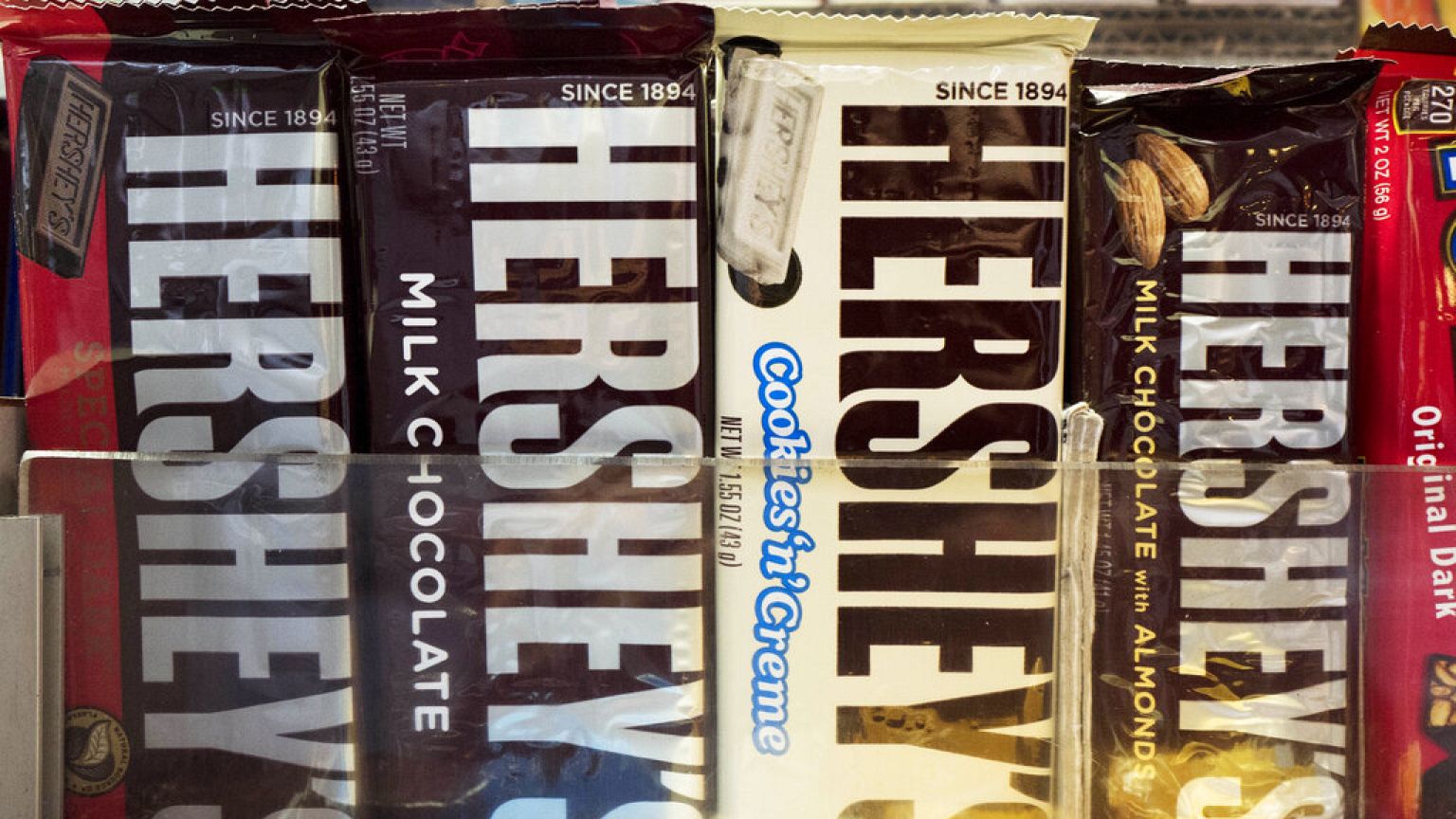UK Inflation Holds Steady as Food Prices Surge
Inflation in the United Kingdom remained at 3.4% in May, marking the highest level in over a year, as food prices, particularly chocolate, continued to climb. According to the Office for National Statistics (ONS), the price of chocolate soared by an unprecedented 17.7% year-on-year—the sharpest increase since records began in 2016.
The ongoing rise in food prices has raised concerns among economists and consumers, with some experts suggesting that businesses may be passing on recent cost increases, such as higher National Insurance Contributions and minimum wage hikes, to consumers. These measures, introduced in April following Chancellor Rachel Reeves’ budget, aimed to raise £25 billion but have put additional strain on households already grappling with the cost of living crisis.

Global Cocoa Shortages Driving Chocolate Price Hike
The sharp rise in chocolate prices has been primarily driven by severe cocoa shortages in Ghana and Ivory Coast—two countries responsible for over half of the world’s cocoa supply. Bad weather, long-term government mismanagement, and widespread plant disease have severely disrupted cocoa production in both nations.
Jonathan Parkman, head of agriculture at Marex, emphasized that these issues would likely keep chocolate prices high for the foreseeable future: “There is little chance of a fall in chocolate prices this side of Christmas.”
Read more about global agriculture disruptions
Broader Economic Impacts and Consumer Behavior
While food inflation reached 4.4% in May—its highest level since February 2024—some relief came from falling travel prices. Airfares declined by 5% between April and May this year, compared to a 14.9% increase during the same period in 2024. The ONS attributed this to the timing of Easter holidays, which fell later in 2025 UK inflation.
Chancellor Rachel Reeves defended the government’s approach, stating, “This government is investing in Britain’s renewal to make working people better off.” However, opposition leaders and business groups expressed concerns. Shadow Chancellor Mel Stride criticized the government’s policies, claiming they were “killing growth and stoking inflation.”
Retailers echoed these worries. Kris Hamer, director of insight at the British Retail Consortium, warned: “Retailers have long warned that the costs from the chancellor’s budget could not be fully absorbed and would inevitably lead to higher prices for shoppers.”

Small Businesses Struggling to Cope
Small business owners like Zayna Omer, who operates the Harbour Grind coffee stand in Whitstable, have felt the pressure. She observed that young families are now price-checking and opting for cheaper options when visiting her seaside stand. “If I increase my prices, I’d go out of business,” she said, highlighting the challenge of absorbing rising operational costs, including card transaction fees.
John Roberts, CEO of AO World, also pointed out that rising taxes on businesses and employment are not conducive to growth, further burdening already struggling small enterprises.
Global Tensions Could Push Inflation Higher
There are additional concerns that global geopolitical tensions could further fuel inflation. The ongoing conflict between Israel and Iran has raised fears of potential disruptions in the Strait of Hormuz, a critical passage for global oil shipments. David Bharier from the British Chambers of Commerce warned that any disruption could lead to “surging oil and shipping costs,” putting even more pressure on businesses and consumers alike.

Bank of England Holds Steady on Interest Rates
Despite the persistent inflation, the Bank of England is expected to maintain its current interest rate at 4.25% during its upcoming meeting. The rate remains significantly higher than its historic lows but is designed to balance controlling inflation with sustaining economic growth. Further rate adjustments are being closely watched amid continued global economic uncertainty.
Conclusion: No Immediate Relief for Consumers
With chocolate prices at record highs, ongoing food inflation, and looming global tensions threatening energy costs, UK consumers face continued financial pressures. As policymakers debate future economic strategies, households and businesses alike are bracing for a challenging second half of 2025.









